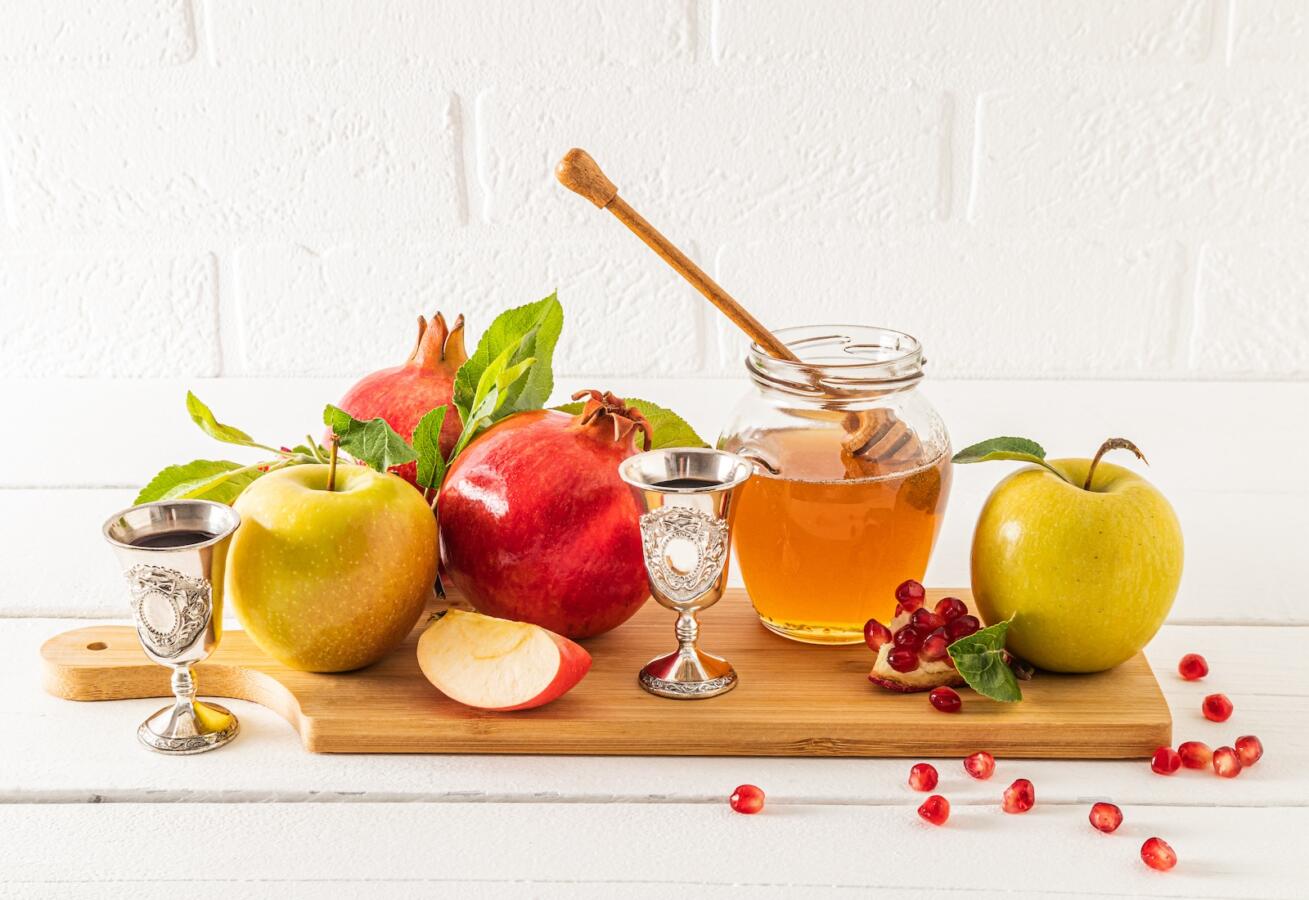Looking for a Jewish calendar? Click here to create a free, customized, printable Jewish calendar. Or purchase a printed calendar here.
Many people associate Rosh Hashanah with September and back-to-school, but some years the Jewish new year falls out in October. Why is that?
The short answer: Because some Jewish years are leap years, in which an entire extra month is added to the calendar, which can in turn result in certain Jewish holidays falling out much later than in non-leap years.
Just as the secular leap year corrects a problem in the Gregorian calendar — that the earth’s revolution around the sun takes 365 1/4 days, not 365 days — the Jewish leap year corrects a problem in Judaism’s mostly lunar calendar. Because the 12-month lunar year is a few days shorter than a solar year, strict adherence to a lunar calendar would mean that the timing of the Jewish holidays would shift over time and eventually take place in different seasons. This would mean that every now and then we would celebrate Hanukkah, the mid-winter festival of lights, in the middle of summer and Sukkot, the autumn harvest festival, in the early spring.

Help us keep Jewish knowledge accessible to millions of people around the world.
Your donation to My Jewish Learning fuels endless journeys of Jewish discovery. With your help, My Jewish Learning can continue to provide nonstop opportunities for learning, connection and growth.
The Jewish leap year is more complicated than having an extra day in February every four years. Instead, to ensure that the lunar year and the solar year are never too far out of phase with each other, Judaism worked out a system of 19-year cycles, during which there are seven leap years. And instead of adding a day, the Jewish calendar adds a full month to the year.
In this manner, the Jewish holidays fluctuate by about a month or so in relationship to the Gregorian calendar, but always fall during the same general season. In contrast, Islam, which also follows a lunar calendar, made no such corrections. Thus, over the course of time, holidays such as Ramadan, occur at different seasons.
Adar
Pronounced: uh-DAHR, Origin: Hebrew, Jewish month usually coinciding with February-March.

Help us keep Jewish knowledge accessible to millions of people around the world.
Your donation to My Jewish Learning fuels endless journeys of Jewish discovery. With your help, My Jewish Learning can continue to provide nonstop opportunities for learning, connection and growth.



